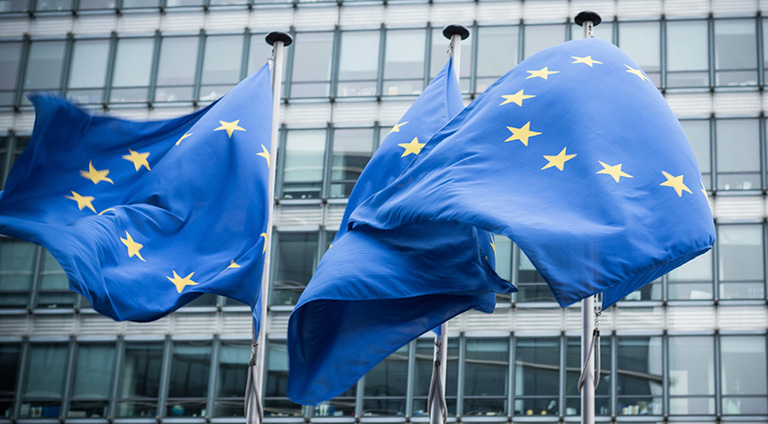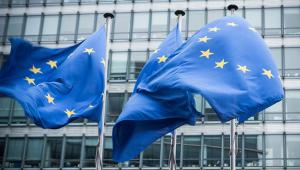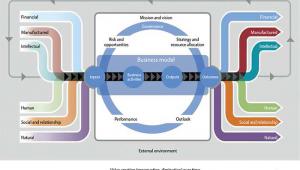The commission already makes its meetings with lobbyists or other interest representatives conditional upon their being listed in a public lobbying register. Under current arrangements, which do not include the European Council, the European Parliament also operates a register, but this is voluntary.
The transparency watchdog Corporate Europe Observatory estimates there are at least 30,000 lobbyists in Brussels, and some believe they influence at least 75% of all legislation.
A Transparency International report from April 2015 noted that in Brussels and throughout EU member states, a notable portion of lobbying efforts occur outside of formal channels.
According to the report, the European Council is the worst EU institution in terms of lobbying legislation. The council is also known for resisting moves towards greater transparency.
“The EU institutions need to work together to win back the trust of our citizens,” stressed Frans Timmermans, commission first vice president. “We must be more open in everything that we do. Today’s proposals are a step in the right direction.”
The proposal put forward by the commission, through the instrument of an inter-institutional arrangement, would build on the voluntary register already in place for the parliament and subject all institutions to the same standards for the first time.
No lobbyist could meet with a decision-maker unless the former was included on the register. The proposal also suggests this could possibly cover permanent representations – national diplomats working in Brussels, which play an important role in decision-making and work on legislation, but are not required to disclose their contact with lobbyists.
The commission said that since it introduced mandatory registration for its own interactions with lobbyists in November 2014, there have been around 4,000 new entries to the register. The initiative published information on over 6,000 meetings in its first year.
The proposal also clarifies the scope of activities and bodies covered, simplifies and improves the quality of data through streamlined input requirements and increased quality control, and bolsters the monitoring and enforcement of the register’s code of conduct for lobbyists, the commission said.
Registrants who fail to comply with the code could face temporary suspension of their interactions with EU decision-makers, or removal from the register.
The commission is also proposing that more resources be directed to maintaining the register and enforcing the code of conduct.
The proposals were put forward following a 12-week public consultation on the topic. The commission is now inviting both the parliament and the council to start negotiating on the proposals, with a view to establishing a mandatory register “as swiftly as possible”.
Transparency International’s 2015 report, which analyses the rules in place at the moment, gave the three EU institutions an overall score of 36% for the quality of their lobbying legislation.
While the commission alone scored 53%, Brussels’ overall score was pulled down by the council, which was awarded just 19%.













